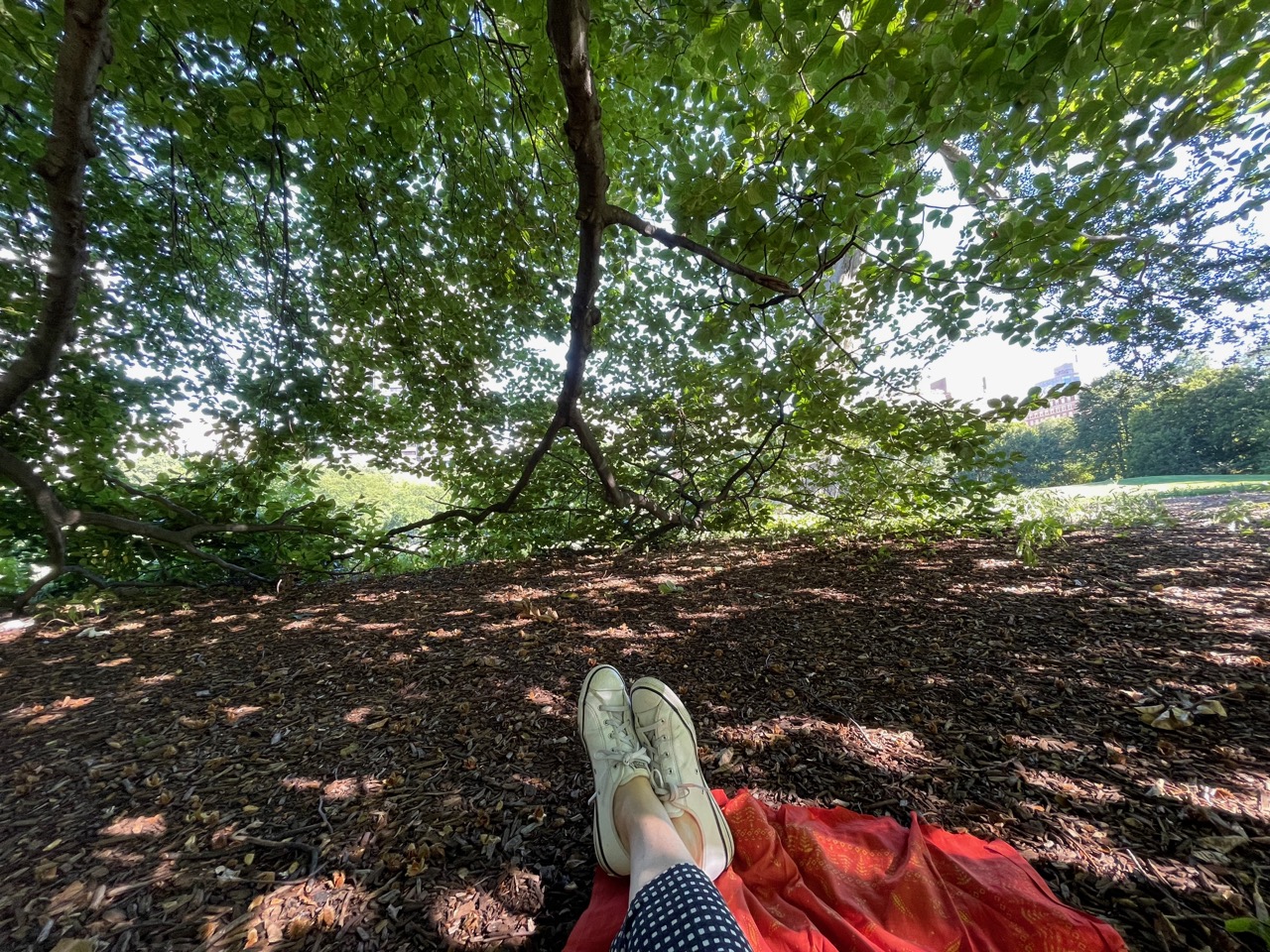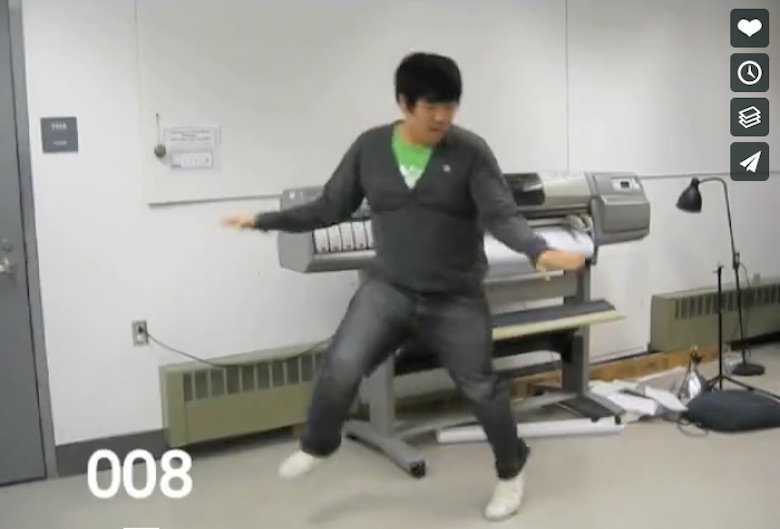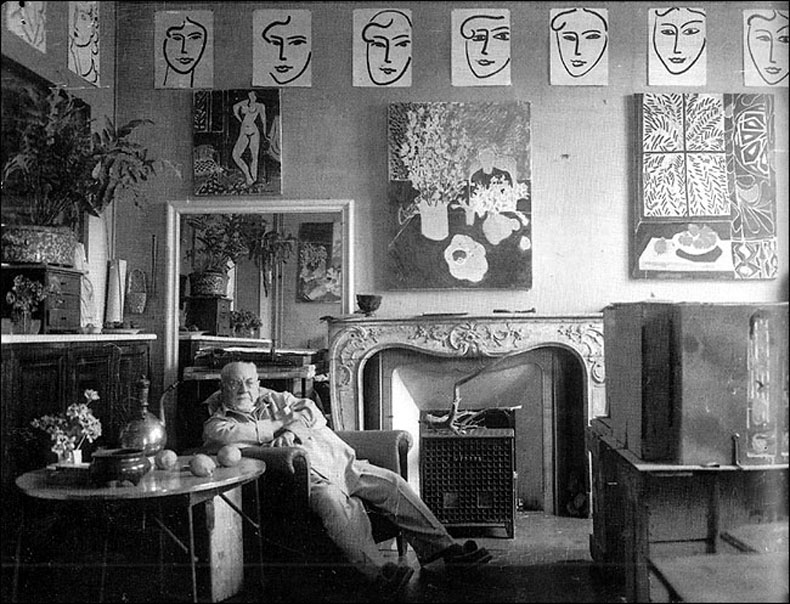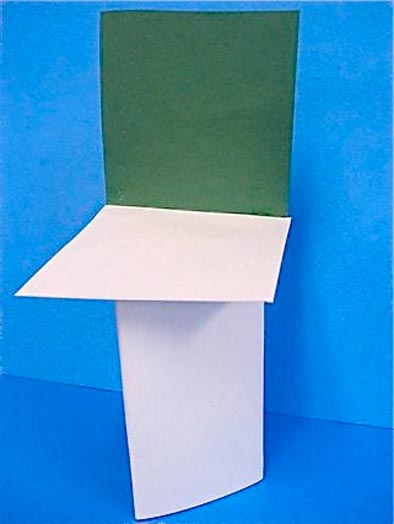When I heard Wendell Berry reading his poem “How to Be a Poet”, I thought: that’s exactly what I’ve been doing to heal myself of the strange and difficult illness I’ve been dealing with. Embracing the tangible analog —the not-digital — is an unexpected path that is palpably strengthening, calming, affirming.
I’ve limited screens in favor of gardens, trees, walks, conversations, naps, reading…I favor slow rather than fast. I bought an old manual typewriter and find the writing that comes from it completely different than that of my laptop (even an ancient one I use only for a journal). I am aware of each stroke, of my arm muscles and body engaged, of using a completely different part of my brain. I can’t predict what will come from it. On nights I cannot sleep, I don’t have to turn on a screen to write. It is ready, and makes its own music. The dreamy poems that appear calm me and send me back to sleep.
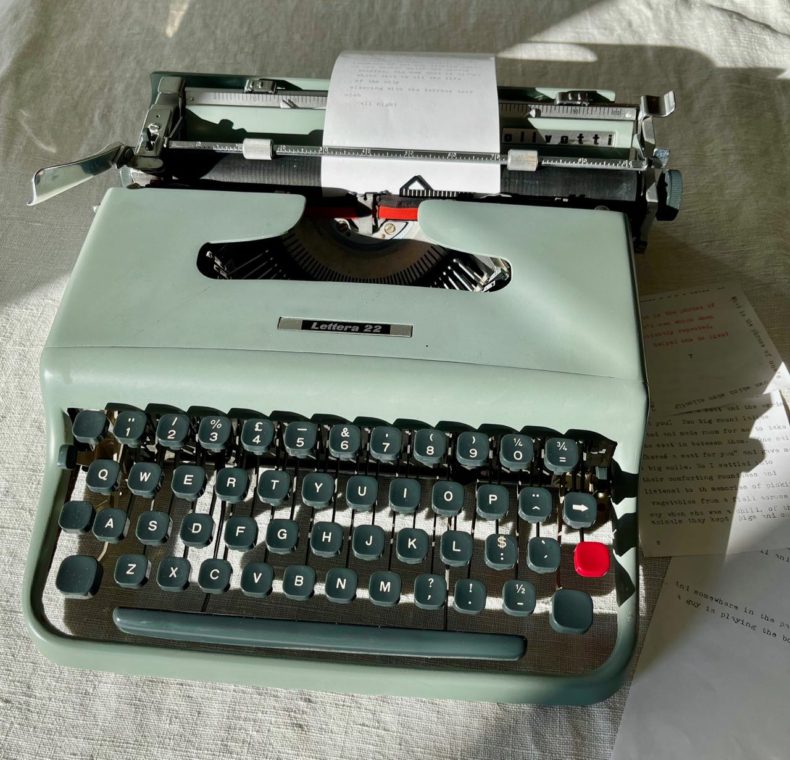
I find myself part of a growing legion who hunger for “three dimensioned” life: Kids playing vinyl records and pickleball, and lately old-fashioned in-person dating, sometimes arranged by a matchmaker, without an app as intermediary. Analog can be nourishing and resonant in often unexpressable ways.
I think of Jennifer Odell’s remarkable book “How to Do Nothing” and her calling out our society’s implicit view that non-digital time is akin to doing nothing.
In a situation where every waking moment has become pertinent to our making a living, and when we submit even our leisure for numerical evaluation via likes on Facebook and Instagram, constantly checking on its performance like one checks a stock, monitoring the ongoing development of our personal brand, time becomes an economic resource that we can no longer justify spending on “nothing.” It provides no return on investment; it is simply too expensive.
She writes in great detail about the richness of “doing nothing”, the same gold that Wendell Berry affirms. Both know that “doing nothing” is essential to writing a poem, living well, “doing something”.
I’m lumpy, I’m an animal, I hurt sometimes, and I’m different one day to the next. I hear, I see, and I smell things that hear, see, and smell me. And it can take a break to remember that, a break to do nothing, to listen, to remember what we are and where we are.
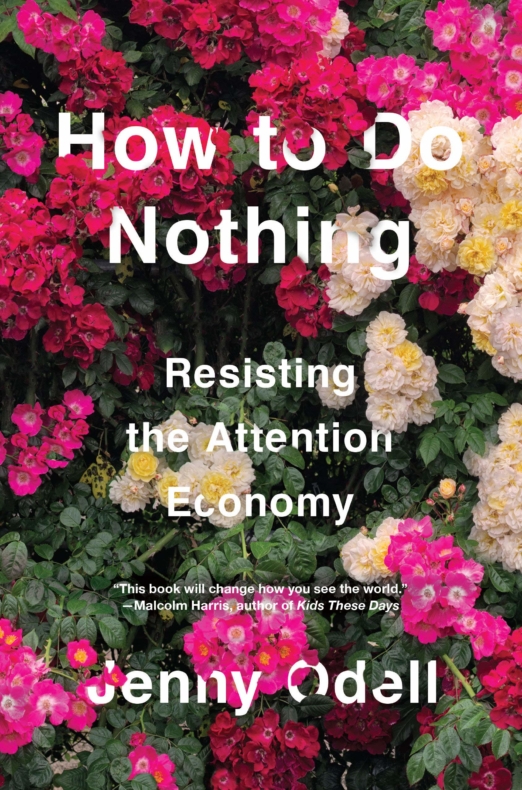
In my mind, I’ve retitled Berry’s poem “”How to Live” and stripped it down to a sparer essence (in large bold):
i
Make a place to sit down.
Sit down. Be quiet.
You must depend upon
affection, reading, knowledge,
skill—more of each
than you have—inspiration,
work, growing older, patience,
for patience joins time
to eternity.
Any readers
who like your poems,
doubt their judgment.
ii.
Breathe with unconditional breath
the unconditioned air.
Shun electric wire.
Communicate slowly. Live
a three-dimensioned life;
stay away from screens.
Stay away from anything
that obscures the place it is in.
There are no unsacred places;
there are only sacred places
and desecrated places.
iii.
Accept what comes from silence.
Make the best you can of it.
Of the little words that come
out of the silence, like prayers
prayed back to the one who prays,
make a poem that does not disturb
the silence from which it came.
I take his words to heart, making time each day for spaciousness and mystery and quiet…
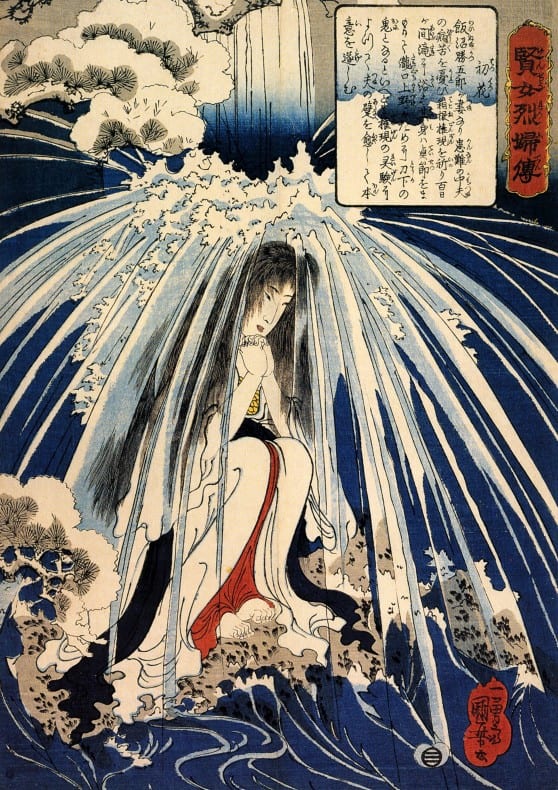
Related Posts

